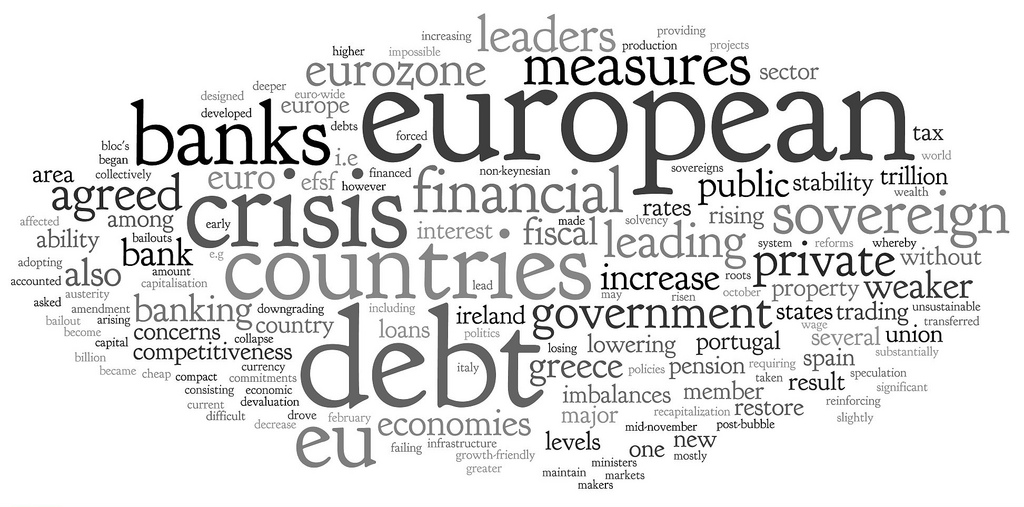June 30th 2015 could be an important turning point for Greece: an exit or a repayment of the debt as it reaches its debt repayment deadline. A crisis in Greece will affect markets all across the globe. In fact, they are already reflected in the stock exchanges across the world. The country is heading for a default and market reactions are the first sign that nothing is going good with Greece. Clearly, market perceptions are that Greece will be unable to meet 1.6 billion euro of loan repayment to the International Monetary Fund. The widespread panic happened last week due to the failing talks between Greece and its creditors.



